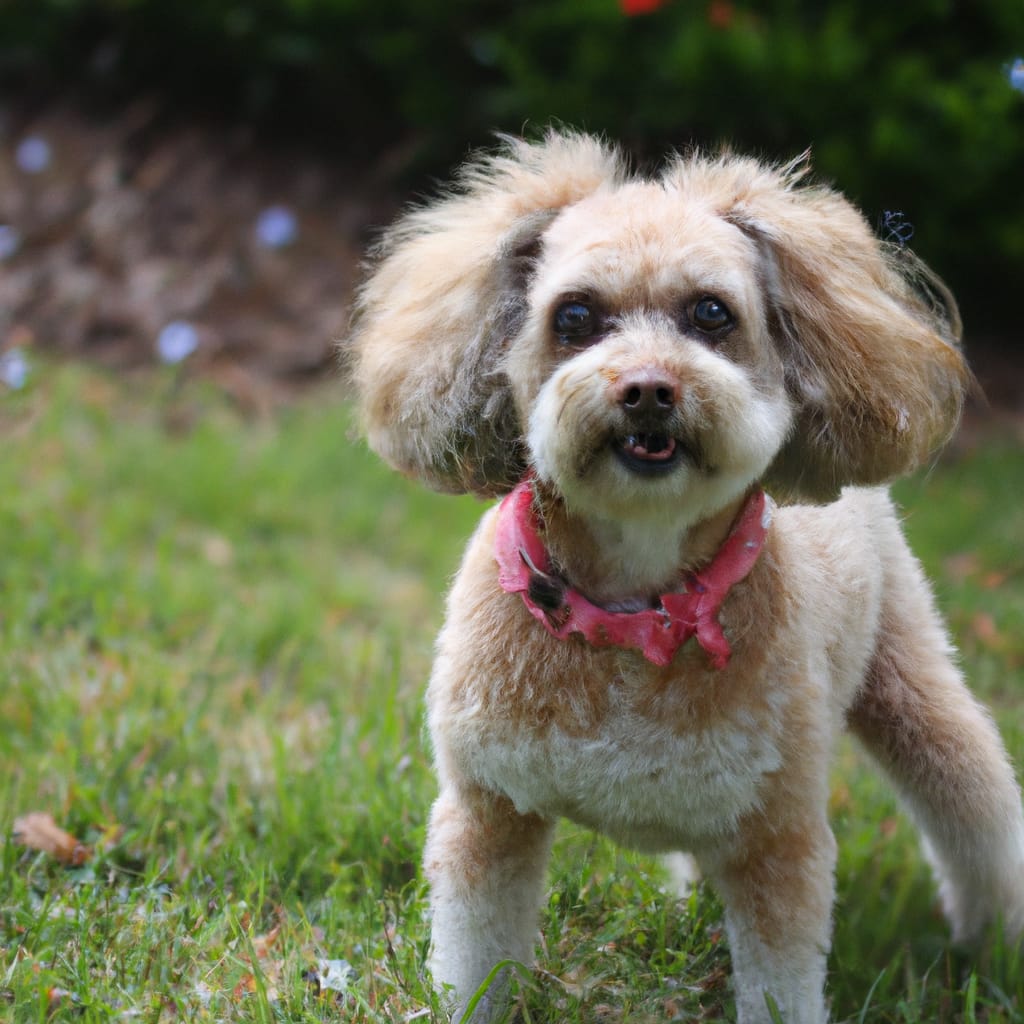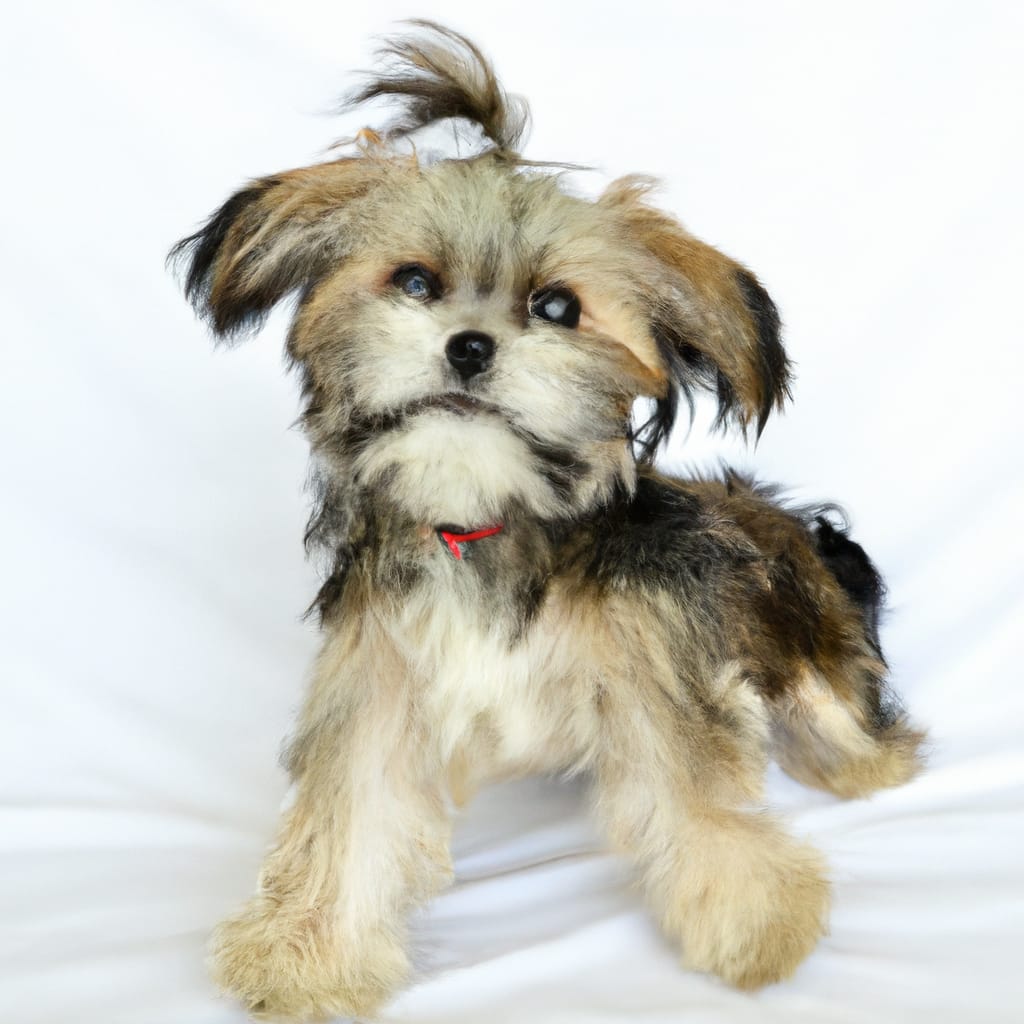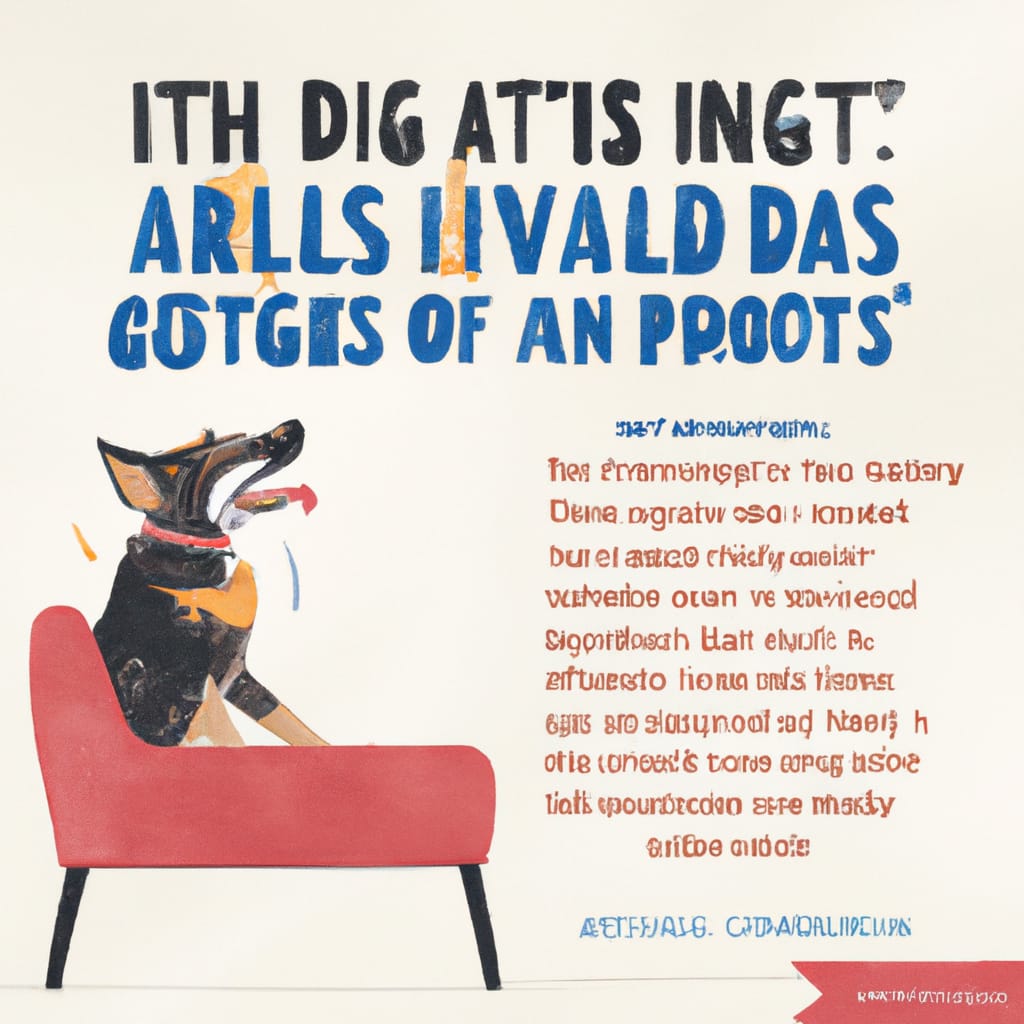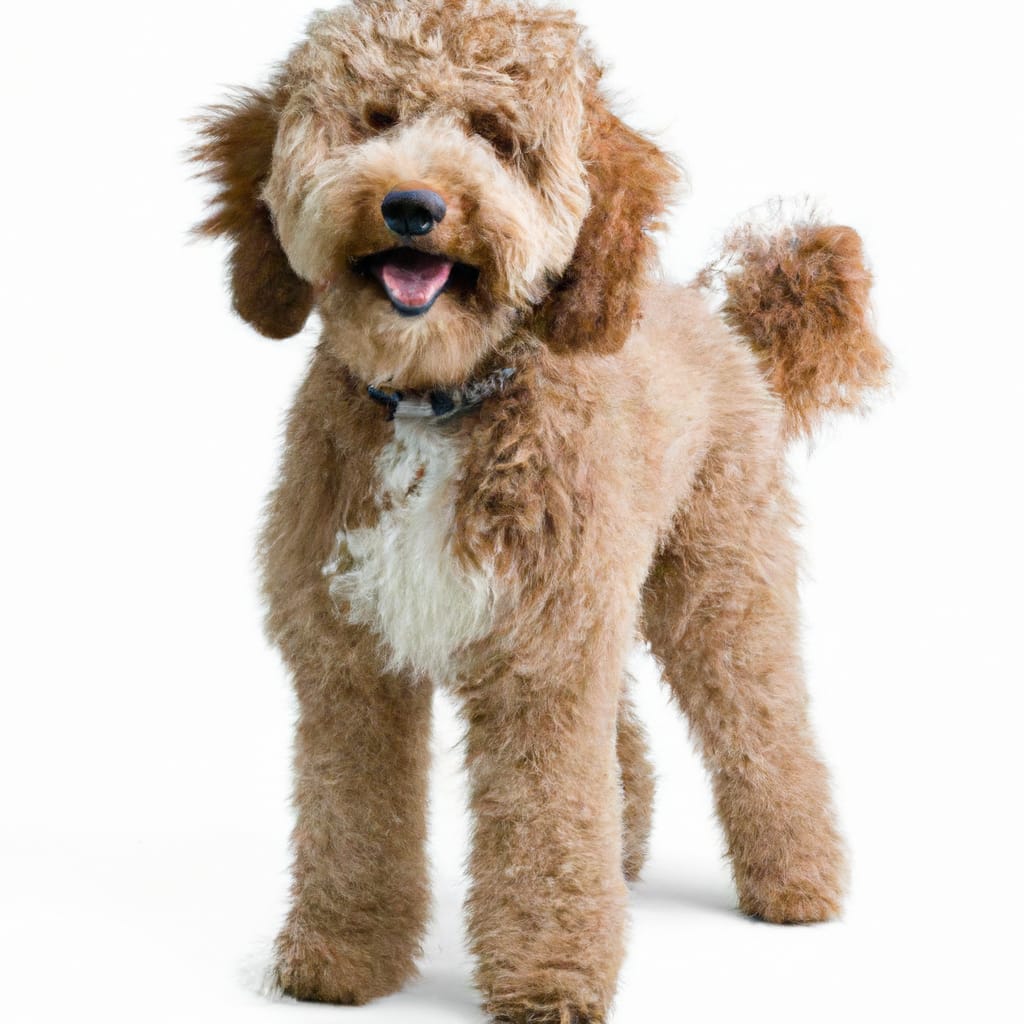Pomsky Dog Breed Pros And Cons
Pomsky Dog Breed information is you’re considering getting a Pomsky, huh? Well, you’ve come to the right place! In this article, we’ll explore the pros and cons of the Pomsky dog breed, giving you all the information you need to make an informed decision. Whether you’re attracted to their adorable appearance or intrigued by their mix of Siberian Husky and Pomeranian traits, we’ve got you covered. Without further ado, let’s jump right in and discover what makes the Pomsky breed so unique!
Pros
1. Cute and Adorable Appearance
One of the most obvious pros of the Pomsky breed is their incredibly cute and adorable appearance. These small, fluffy dogs are often referred to as “miniature huskies” due to their striking resemblance to Siberian Huskies. With their piercing blue eyes, fluffy tails, and colorful coats, Pomskies are sure to turn heads wherever they go. Their appealing appearance makes them a popular choice for those looking for a companion that is not only charming but also highly photogenic.
2. Intelligence and Trainability
Pomskies are known for their high intelligence and trainability, making them a pleasure to work with during training sessions. These dogs inherit the brains of both their parent breeds, the Pomeranian and the Siberian Husky. This combination results in a dog that is not only quick to learn commands but also eager to please their owners. Whether you’re teaching them basic obedience or more advanced tricks, Pomskies are sure to impress you with their ability to grasp new concepts quickly.
3. Mixed Breed Health Benefits
One notable advantage of the Pomsky breed is their potential for mixed breed health benefits. Crossbreeding two different dog breeds can often lead to what is known as hybrid vigor. This means that the offspring may inherit the best traits from both parent breeds, resulting in a healthier and more robust dog. With careful breeding practices and health screenings, Pomsky breeders aim to reduce the risk of genetic diseases commonly found in purebred dogs. As a result, Pomskies may have a higher chance of living a longer and healthier life.
4. Good with Children and Other Pets
If you have a family or other pets at home, you’ll be glad to know that Pomskies are generally good around children and other animals. With proper socialization from a young age, these dogs can develop friendly and gentle dispositions. Pomskies enjoy being part of a pack and thrive in households where they can receive plenty of love and attention. Children can form strong bonds with the Pomsky, and these dogs often become loyal protectors and playmates. Additionally, Pomskies can get along well with other dogs and cats, making them a versatile addition to multi-pet households.
5. Low Exercise Needs
For those who lead a busy lifestyle or have limited physical capabilities, the low exercise needs of Pomskies can be a significant advantage. While it’s important to note that every dog requires regular exercise, Pomskies generally do well with a moderate amount of daily activity. A couple of short walks and some interactive playtime should be sufficient to keep them mentally and physically stimulated. Unlike high-energy breeds like Siberian Huskies, Pomskies are content with shorter bursts of exercise, making them suitable for apartment living or individuals with less time for long walks or intense workouts.

Cons
1. High Maintenance Coat
While the Pomsky’s coat is undeniably stunning, it does require considerable maintenance to keep it looking its best. These dogs have a thick double coat that needs regular brushing to prevent matting and tangling. Furthermore, Pomskies are known to shed moderately year-round and heavily during shedding season. This means you can expect to find a fair amount of fur on your clothes, furniture, and floors. Investing in proper grooming tools and establishing a consistent grooming routine will help keep your Pomsky’s coat healthy and minimize the amount of hair left around your home.
2. Potential Health Issues
Despite the potential for mixed breed health benefits, Pomskies can still be prone to certain health issues. Like many small dog breeds, Pomskies may suffer from dental problems, patellar luxation (a condition affecting the knee joint), and heart diseases. Additionally, both Pomeranians and Siberian Huskies are known to carry genetic conditions such as hip dysplasia and eye disorders. It’s crucial to choose a reputable breeder who conducts thorough health screenings on their breeding stock to minimize the risk of these inherited health problems. Regular veterinary check-ups and a balanced diet are also essential for maintaining your Pomsky’s overall health and well-being.
3. Separation Anxiety
Pomskies are sociable dogs that thrive on human companionship. This means they can be prone to separation anxiety when left alone for extended periods. If you have a busy schedule or work long hours, a Pomsky may not be the ideal breed for you. These dogs may exhibit destructive behaviors, excessive barking, or even become despondent when deprived of social interaction. It’s important to gradually train your Pomsky to be comfortable with alone time and provide them with mental stimulation and interactive toys to keep them occupied during your absence.
4. Size and Energy Levels
When considering a Pomsky as a pet, it’s essential to understand their size and energy levels. While they may resemble miniature huskies, Pomskies come in various sizes depending on the parent breeds’ traits and the breeding process. Some Pomskies may be smaller in stature, resembling Pomeranians, while others may be larger, resembling Siberian Huskies. This size variability can make it challenging to predict the exact size of your Pomsky when fully grown. Additionally, Pomskies can exhibit higher energy levels, especially if they take after their husky parent. It’s important to ensure that you can provide enough mental and physical stimulation to keep your Pomsky happy and prevent them from becoming bored and potentially engaging in destructive behaviors.
5. Limited Availability
Despite their popularity, Pomskies are still considered a relatively new designer dog breed, resulting in limited availability. The process of responsibly crossbreeding Pomeranians and Siberian Huskies to produce healthy Pomskies is a complex and time-consuming one. This fact, coupled with the relatively small number of reputable breeders specializing in Pomskies, can make it challenging to find a Pomsky puppy. It’s crucial to conduct thorough research and locate a reputable breeder who prioritizes the health and well-being of their dogs. Be prepared for potential waiting lists and high demand, as the limited availability of Pomskies can make them quite sought after.












